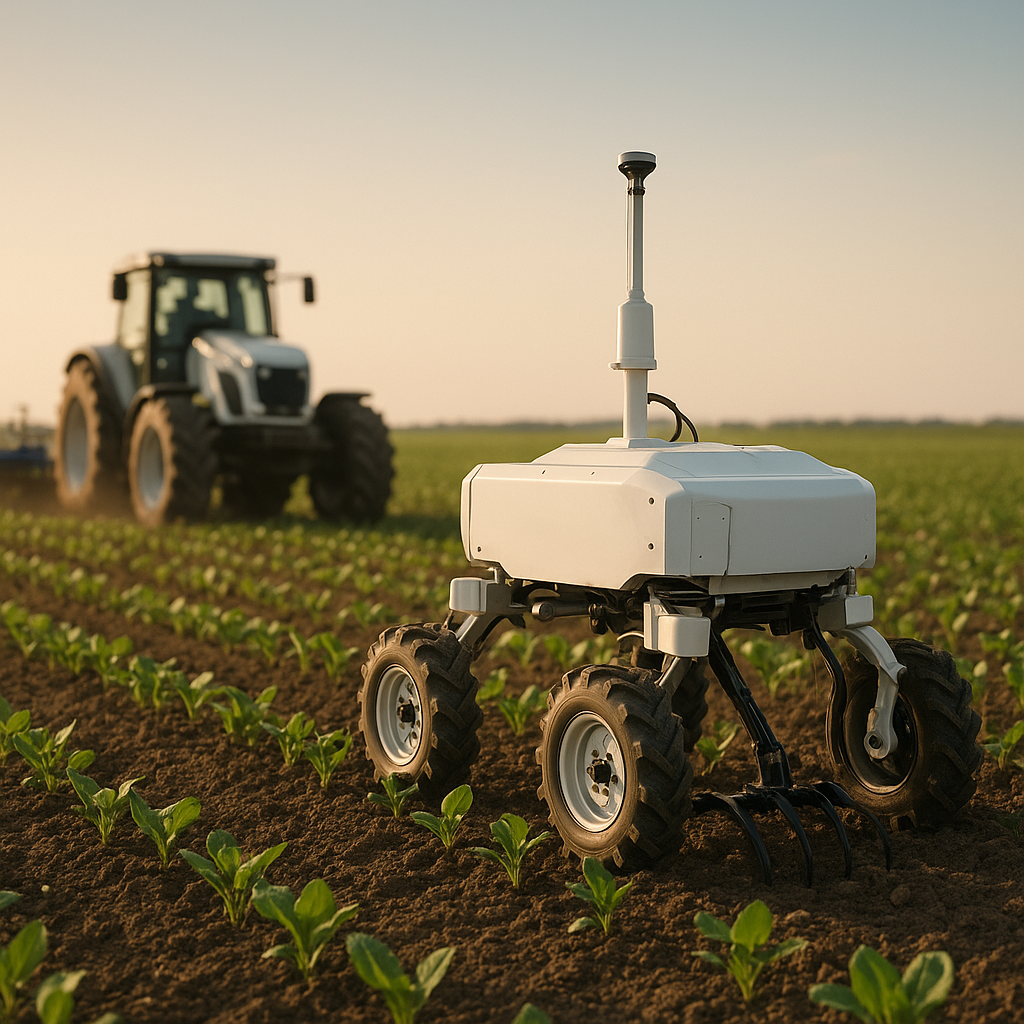The evolution of remote work is increasingly shaped by innovative technologies designed for home environments. From AI-driven tools to energy-efficient systems, these advancements are transforming the way professionals work from their homes, ensuring productivity and comfort.

The Changing Landscape of Remote Work
As remote work swiftly transitioned from a temporary solution to a long-term arrangement, organizations are now tasked with adapting to this new norm. The COVID-19 pandemic accelerated the adoption of remote work technologies, and companies continue to refine their approaches in 2025. Key advancements in technology are playing a central role in this evolution.
Innovative Technologies Transforming Home Offices
Technology has become the backbone of remote work, enabling employees to function efficiently from their residences. Here are some notable innovations reshaping the remote working experience:
- AI-Powered Collaboration Tools: Advanced artificial intelligence (AI) systems are streamlining communication and project management. These tools not only facilitate teamwork but also optimize scheduling, document sharing, and task allocation.
- Smart Home Devices: Devices such as intelligent lighting and climate control systems are designed to enhance comfort and reduce distractions. These systems can be programmed to adjust based on usage patterns, ensuring homes remain conducive to work.
- Enhanced Cybersecurity Solutions: With remote work comes an increase in cybersecurity risks. Businesses are investing in AI-driven security frameworks that proactively defend against data breaches and ensure safe communication.
- Virtual Reality (VR) Workspaces: VR technology is creating immersive environments that replicate the office atmosphere. Employees can meet in virtual spaces to foster collaboration, regardless of geographical distances.
- Energy Efficiency Tech: New energy management solutions are helping households optimize energy usage. AI technologies are enabling more cost-effective consumption, significantly reducing utility bills.
The Rise of Energy Management Solutions
As remote work has increased the demand for energy in residential settings, innovative energy management systems have emerged. According to recent reports, companies are deploying AI technologies aimed at minimizing household energy bills. These solutions adapt to user habits, enabling greater energy flexibility and efficiency.
“This technology will introduce energy flexibility to a mass market,” stated a spokesperson from a prominent energy company. “Consumers will gain control over their energy use while saving money.”
Such advancements reflect a broader movement toward sustainable living, supporting households as they navigate the complexities of increased energy consumption.
Human Resources and Remote Work
The emergence of remote work has also led to significant changes in human resources practices. HR departments are now focusing on strategies that promote engagement and well-being among remote employees. The 2025 HR Awards highlighted several companies that successfully embraced these approaches, showcasing initiatives that enhance employees' remote working experience.
Best Practices for Remote Employee Engagement
Companies are implementing best practices to ensure their remote workforce remains engaged and productive:
- Regular Check-ins: Scheduled one-on-one meetings foster open communication between employees and managers, helping address concerns and celebrate achievements.
- Virtual Team-Building Activities: Engaging in online team-building exercises can cultivate relationships, strengthen team dynamics, and boost morale.
- Flexible Work Schedules: Businesses are adopting flexible hours that cater to employees' varying lifestyles, promoting better work-life balance.
- Professional Development Opportunities: Offering online training and development resources equips employees with new skills, ensuring they remain competitive in their roles.
The Future Outlook
As we move further into the 2020s, the trajectory of remote work is clear. Innovations will continue to emerge, addressing the challenges and harnessing the opportunities that come with this new working style.
According to recent studies, the remote work security assessment market is experiencing exponential growth, with businesses recognizing the need for robust security measures to protect their data and ensure compliance with regulations.
“The market is shifting toward more scalable and adaptable security solutions,” noted an industry analyst. “Companies can no longer overlook the importance of safeguarding their digital assets.”
Key Trends to Watch
Several trends are anticipated to shape the future of remote work:
- Integration of GenAI: Generative AI tools are set to redefine workflows, allowing employees to automate repetitive tasks and focus on high-impact work.
- Increased Focus on Mental Health: Employers are likely to place greater emphasis on mental health resources, supporting employees in managing stress and burnout.
- Hybrid Work Models: Many organizations are opting for hybrid models that blend in-office and remote work, catering to diverse employee preferences.
Conclusion
The future of remote work is undeniably intertwined with technological innovation. As tools evolve and organizations adapt to a permanently changing landscape, employees can expect a more productive and supportive working environment at home. By embracing these advancements, companies are not just enhancing efficiency but are also ensuring employee satisfaction in the modern workplace.
Related Video
Watch our related video on the future of remote work technologies.








